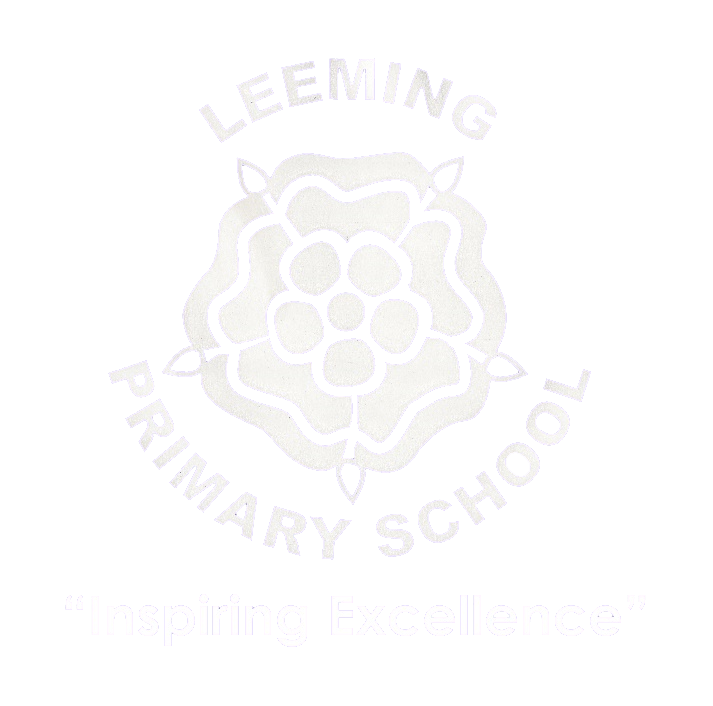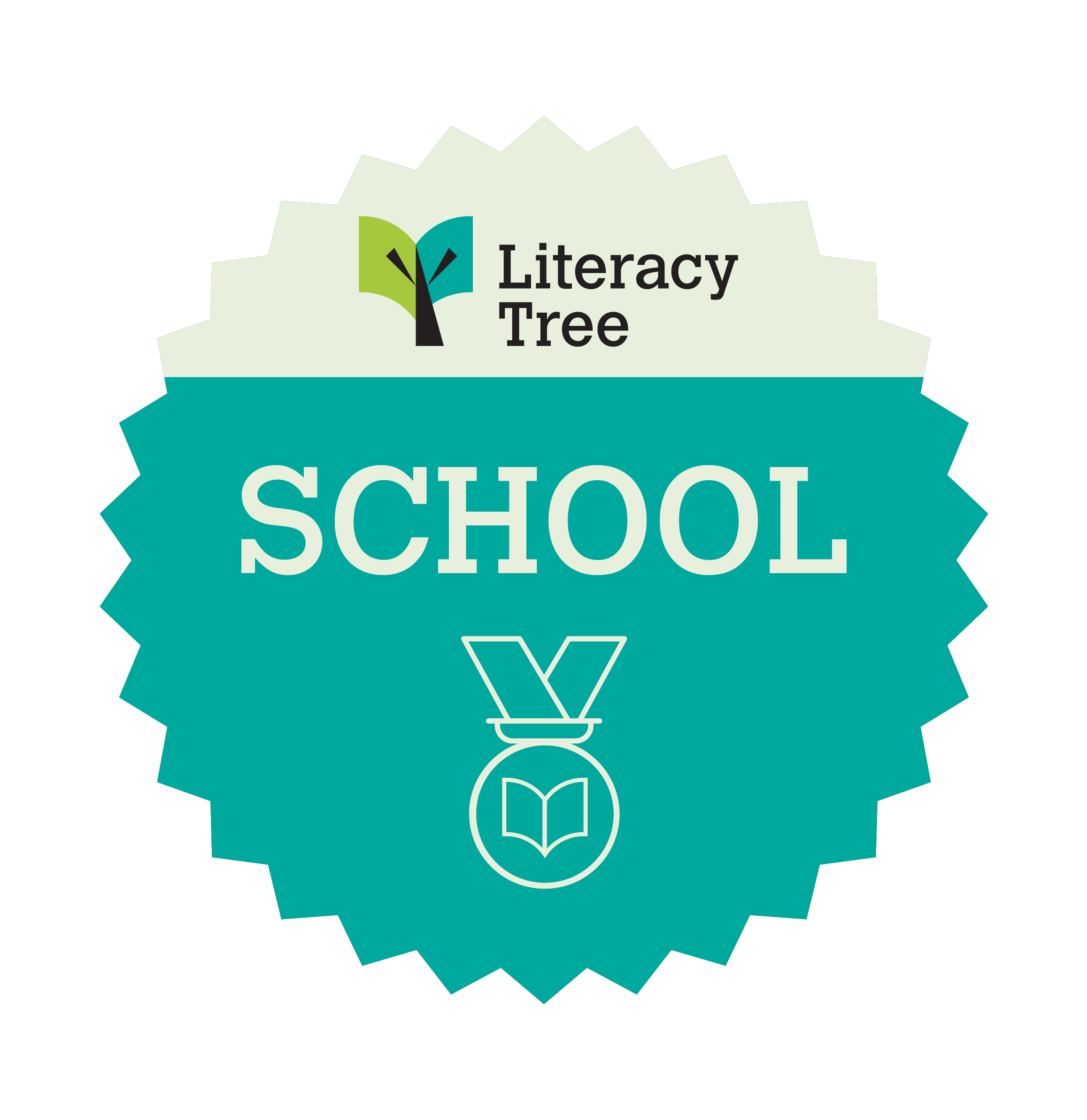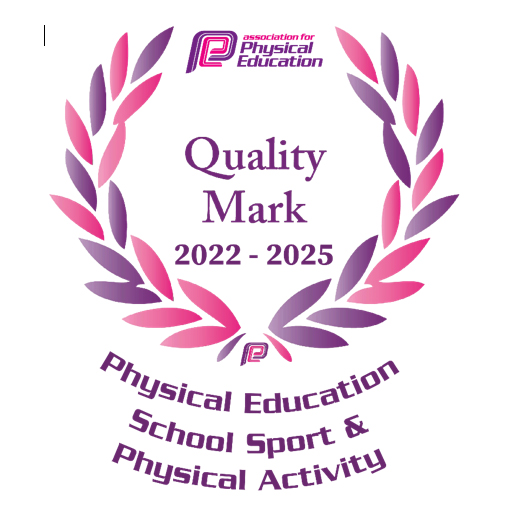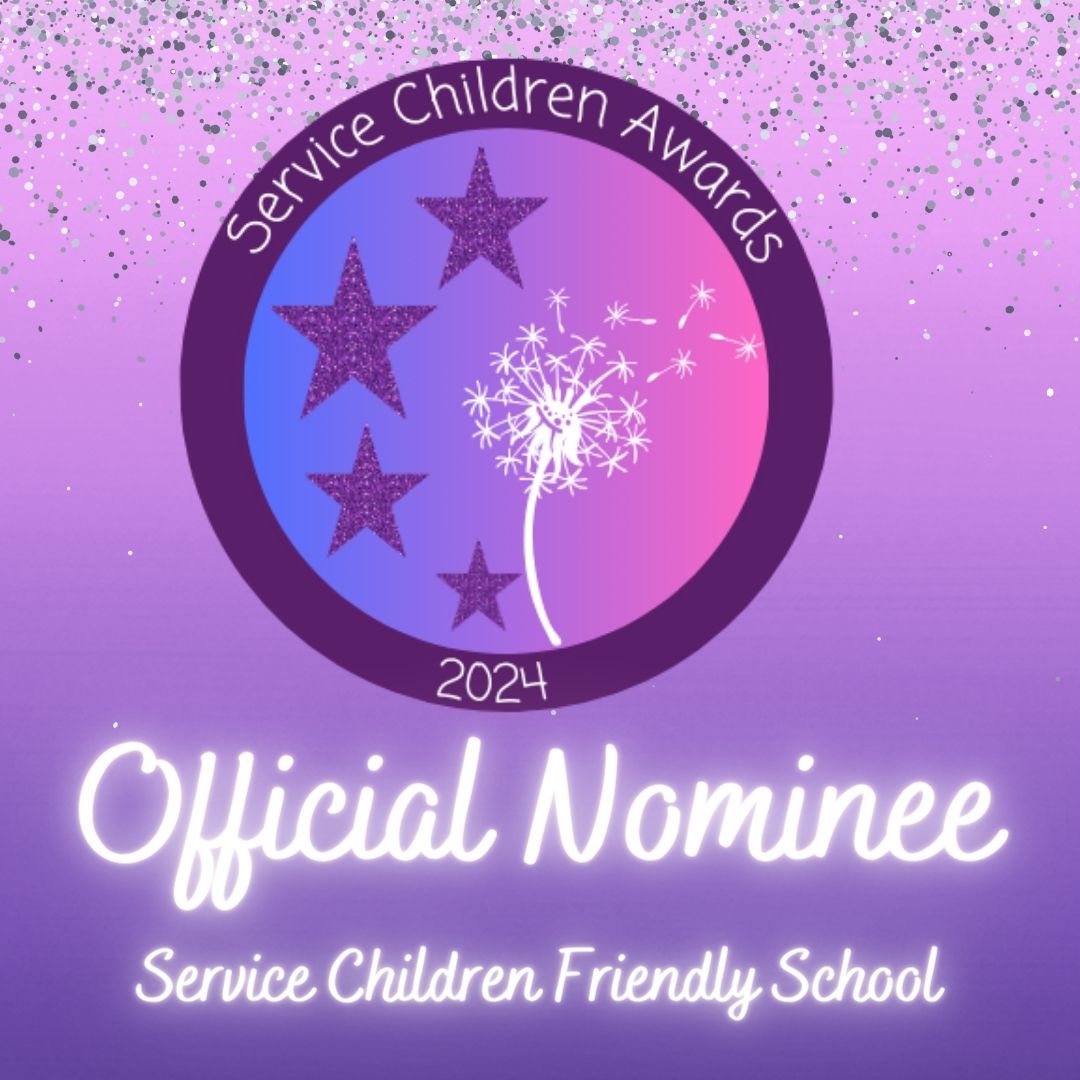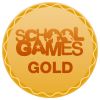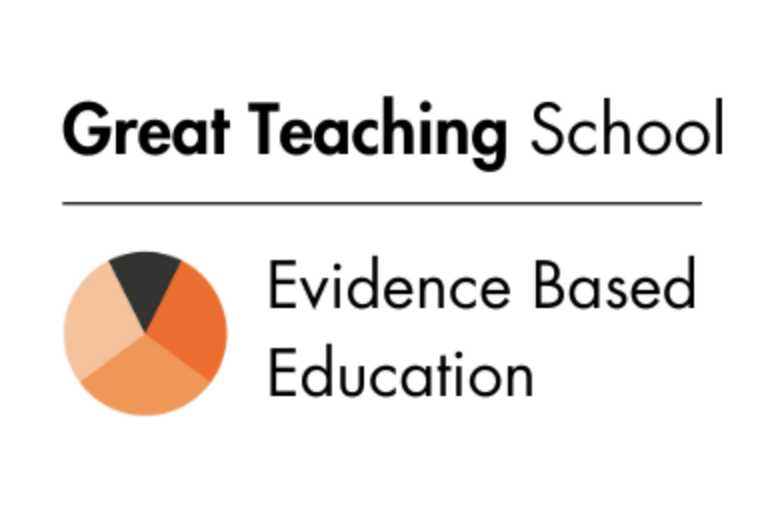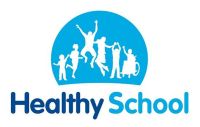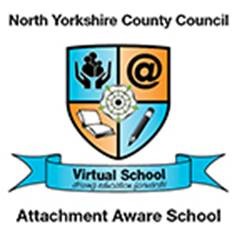Personal, Social, Health and Citizenship Education (PSHCE)
Personal, Social, Health and Citizenship Education is a vital part of pupils' learning in school. This subject is taught in two primary ways:
1) Discretely - in specific sessions with particular foci - e.g. national news stories, drugs education, relationships education etc.
2) Ongoing - through an embedded approach which models key values and allows children to experience PSHCE in practice - e.g. through democracy in action, pupil voice etc.
Our curriculum for PHSCE is found below. We have recently adopted a new scheme, Kapow, which offers us comprehensive coverage of all elements, but also works with our mobile context by allowing units to be revisited year on year, and having mixed age modules with specific advice for adapting to children with gaps from previous learning.
We also recognise that PHSCE requires an adaptive approach which is tailored to the needs of our children. Where we become aware of particular issues, challenges or needs in our school, we may vary the order of the teaching or step away from the scheme altogether for certain sessions. This approach ensures our curriculum is responsive to pupil voice and wider implications.
In EYFS, PSED is the driving force behind our PSHCE curriculum, and we draw from particular units within the scheme as needed to support our wider learning in this area.
PSHCE Long Term Planning Document
PSHCE is also a crucial part of our wider Personal Development Curriculum. This is based on developing pupils' RESPECT skills, and assessments are made against this framework.
RESPECT Progression Framework.
Relationships and Sex Education (RSE)
Relationships and Sex Education is also a key part of the PHSCE Curriculum. Relationships education is now a statutory subject.
Sex education at RAF Leeming is taught only to Y6, and there is a right for parents to withdraw their children from this if they desire.
Please see our RSE Policy and Resources here.
Our PSHCE Guidance Policy can be found here.
